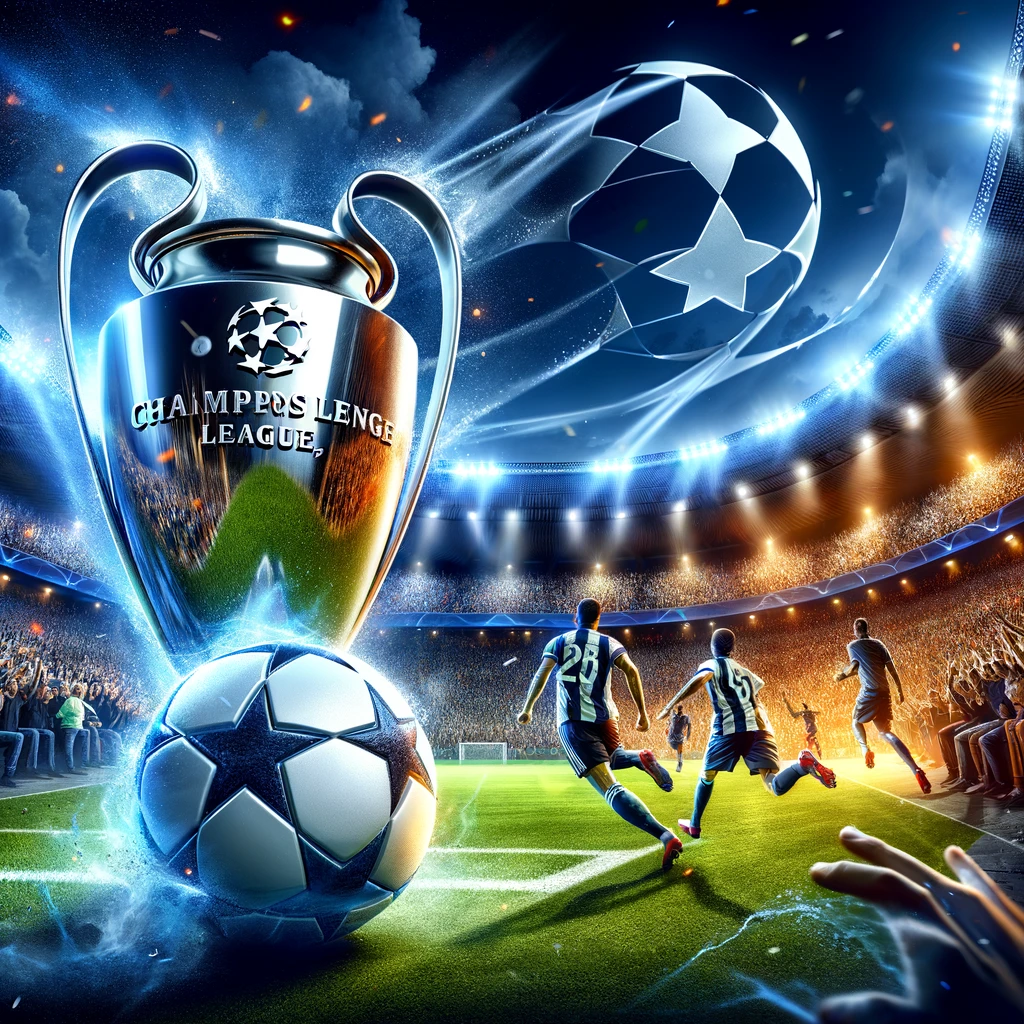Introduction
The UEFA Champions League, often simply referred to as the Champions League, is the pinnacle of European club football. Every year, it brings together the continent’s top football clubs in a competition that is watched by millions around the globe. With a rich history and a reputation for high-quality football, the Champions League is a showcase of skill, strategy, and passion.
History and Evolution
Established in 1955 as the European Cup, the tournament was rebranded as the UEFA Champions League in 1992. Initially a straight knockout competition open only to the champion club of each national championship, it has since evolved into a mixture of a round-robin group stage followed by knockout rounds, allowing multiple teams from certain countries.
Format and Qualification
The Champions League’s current format includes a group stage of 32 teams, split into eight groups of four. Teams play each other home-and-away in a round-robin format. The top two teams from each group advance to the knockout phase, which culminates in the much-anticipated final match. Qualification for the tournament is based on clubs’ performances in their national leagues and cup competitions.
Prestige and Popularity
The Champions League is renowned for its prestige, attracting some of the best talents in world football. Winning the Champions League is considered one of the highest honors in the sport. The tournament’s anthem, based on George Frideric Handel’s ‘Zadok the Priest’, has become synonymous with the drama and excitement of European nights.
Economic Impact
The financial implications of the Champions League are significant. It generates substantial revenue through broadcasting rights, sponsorships, and ticket sales. Success in the tournament can have a profound impact on a club’s finances, enhancing their ability to attract and retain top players.
Memorable Moments
The Champions League has been the stage for some of football’s most memorable moments. From stunning comebacks to breathtaking individual performances, it has a history of creating legends and unforgettable narratives.
Global Influence
Beyond Europe, the Champions League has a massive global following, making it one of the most watched sporting events worldwide. Its international appeal has helped spread the popularity of the game, influencing football cultures around the world.
Conclusion
The UEFA Champions League is more than just a football tournament; it’s a celebration of the sport at its highest level. It represents a journey of glory and dreams for clubs and fans alike, filled with moments of joy, despair, and sheer footballing magic.
Champions League Stats and Facts
- Tournament History: The Champions League, initially known as the European Cup, was founded in 1955. It was rebranded as the UEFA Champions League in the 1992-1993 season.
- Most Successful Club: Real Madrid holds the record for the most Champions League titles, having won the tournament 14 times as of my last update.
- Top Goal Scorer: Cristiano Ronaldo leads the charts as the all-time top scorer in the Champions League, with over 130 goals scored in the competition.
- Most Appearances: Spanish footballer Iker Casillas holds the record for the most appearances in the Champions League, with over 170 matches played.
- Winning Nations: Clubs from 10 different countries have won the Champions League, with Spanish clubs having the most victories.
- First Winner: The first team to win the European Cup was Real Madrid, who won the inaugural tournament in 1956.
- Highest Scoring Game: The record for the highest scoring game in the Champions League era is shared by Monaco and Deportivo La Coruña, who played out an 8-3 match in November 2003.
- Biggest Winning Margin: The largest margin of victory in a Champions League match is 8-0, achieved on three occasions: Liverpool vs. Beşiktaş (2007), Real Madrid vs. Malmö FF (2015), and Bayern Munich vs. Barcelona (2020).
- Attendance Records: The 1960 European Cup Final holds the attendance record, with 127,621 spectators watching Real Madrid defeat Eintracht Frankfurt at Hampden Park, Glasgow.
- Most Successful Manager: Carlo Ancelotti and Zinedine Zidane are among the most successful managers in the history of the Champions League, each having won the title three times.
